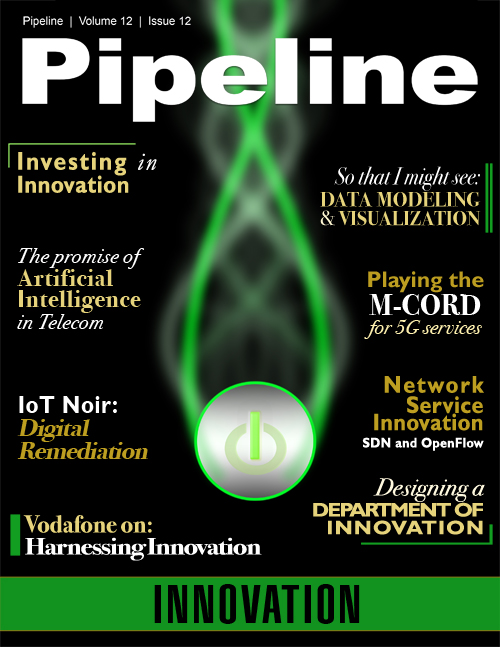Monthly News Digest - June 2016
Millennials and Mobile, Pt. II
Millennials continue to fundamentally affect the mobile industry and how products and services are bought, sold, and provisioned. This month, a couple of new studies were released that provide a glimpse into how Millennials interact with mobile.
A new survey by CommScope finds increased network agility is needed to meet Millennial connectivity demands. It reveals significant differences in how Millennials, born between 1980 and 2000, and Baby Boomers use and value services; for example, Millennials are so accustomed to the Internet that they would rather give up plumbing, heating and air conditioning, personal transportation and cable TV before going without connectivity and electricity. Two-thirds of Millennials agreed or strongly agreed that social media is their major form of social communication, compared with one-third of Baby Boomers; and three-quarters of Millennials said they would like to adjust the speed of their Internet services depending on their activities and pay accordingly.
Another study, released by endpoint security provider Webroot, identifies Millennials as more vulnerable to cybersecurity attacks because of their always-connected-at-any-cost mobile lifestyle compared to more cautious baby boomers. The study revealed that while 95 percent of Baby Boomers and 85 percent of Millennials in the U.S. are concerned with their personal online security, Baby Boomers are taking more steps to secure their mobile devices. The research indicates Baby Boomers are taking more preventive actions to secure their data when on the go, while Millennials are less diligent.
Around the World with IoT
The Internet of Things (IoT) continues to be a global hot topic as some major players make major announcements.
AT&T announced this month that it is strengthening ties with auto manufacturers to meet the anticipated demand for automobile connectivity after a survey reveals that 3 out of 4 consumers say car connectivity is important.
(IoT) technology provider Telit Communications announced that its CAT-1 LTE IoT module is the first in its class to be certified for use on AT&T's North American LTE wireless network, paving the way for developers and integrators to migrate existing 2G or 3G IoT devices to LTE.
Verizon and rfXcel announced that they're working together on an IoT platform to monitor the movement of pharmaceuticals through the supply chain to provide traceability, deter counterfeiting, and help keep patients safe. The two companies have joined forces to deliver the newly available Verizon Intelligent Track and Trace solution, which helps monitor and trace pharmaceutical products in the supply chain and improve overall patient safety.
This month SIGFOX launched its IoT network in the world's fourth largest IoT and Machine-to-Machine (M2M) market with the help of Brazilian partner WND as part of its goal to create one global seamless IoT network. The partners have begun deploying SIGFOX’s dedicated IoT network throughout Brazil, starting with Rio de Janeiro and São Paulo. The new deployment marks the addition of the 18th country to SIGFOX’s market.
In additional SIGFOX news, the French IoT connectivity provider announced it is continuing to expand its global Internet of Things network by adding 100 U.S. cities in response to a strong U.S. demand for energy-and-cost efficient IoT connectivity.
To read more news stories, be sure to check our Pipeline’s real-time news center and subscribe to Pipeline’s weekly and month newsletters.
To have your company’s news included in our coverage, send your press releases to pressreleases@pipelinepub.com for consideration.


















